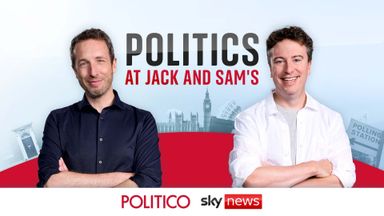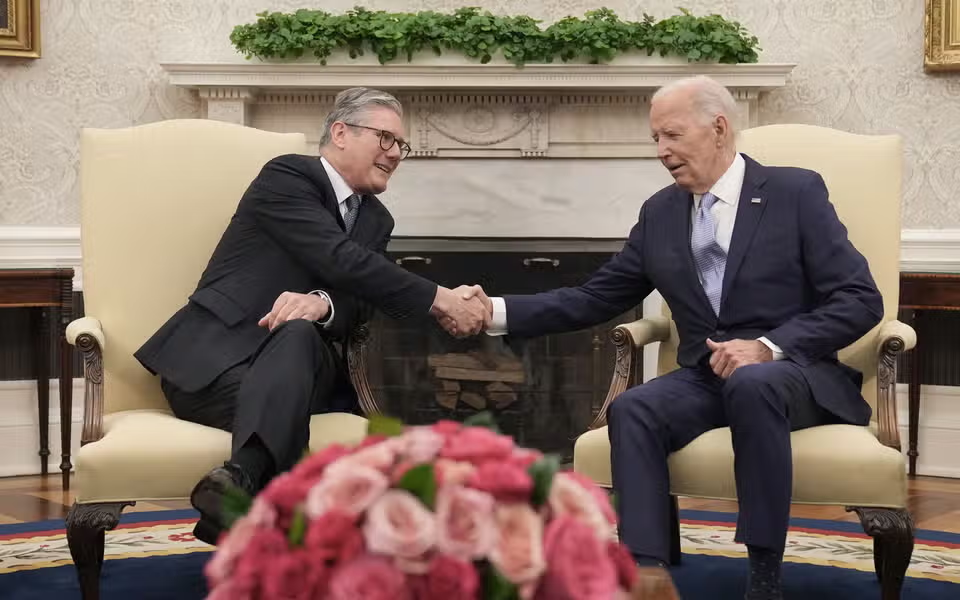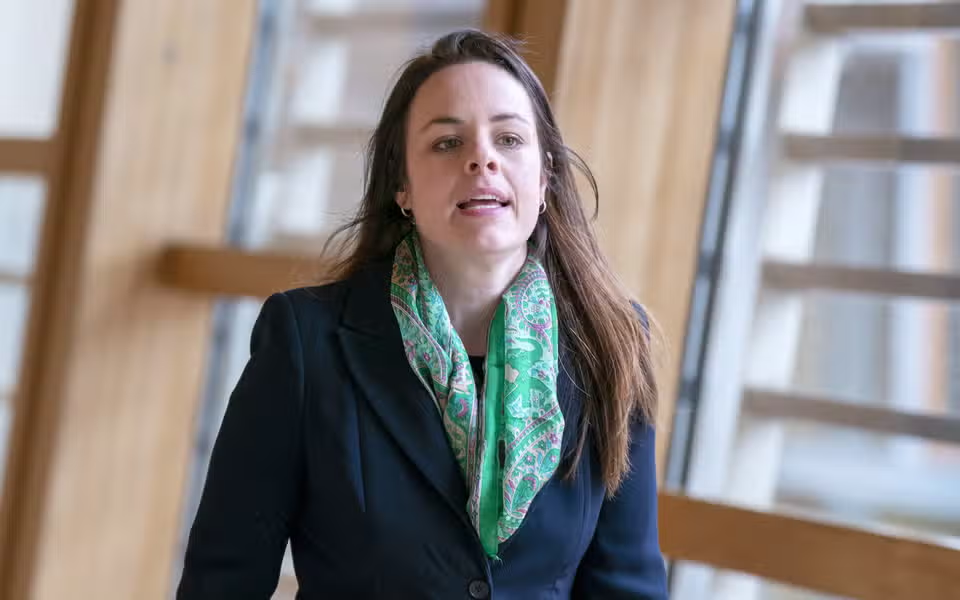
New Prime Minister Sir Keir Starmer faces the threat of his first revolt by Labour MPs over the two-child benefits limit.
Just a week after Labour’s landslide election victory, ex-shadow chancellor John McDonnell said he may seek to amend the Budget to scrap this welfare restriction if the Government does not take this step itself.
Mr McDonnell, MP for Hayes and Harlington in London, said: “Across the Labour Party, across the Parliamentary Labour Party, I think there is a view that this should be done and it’s better done sooner rather than later.
“So, I think the argument has been won.
“Now, we are in Government it’s just a matter of saying ‘look, how practically can we do this’.
“Most of us think this needs to be done sooner rather than later because the immense suffering our children are going through.
“In every constituency we have hundreds of children living in poverty that this could lift them out of that poverty.”
Speaking to Times Radio, he added: “If it wasn’t in the Budget, I would seek to amend the Budget to make sure it was.
“On that basis I think we most probably would have a majority view within Parliament itself, across most political parties including the Labour Party.
“But I don’t think it will come to that.
“I actually do think that there is such an overwhelming view that this is something that needs to be done, I think that the Government will want to get on with it.”
He believes the “bulk” of Labour MPs back ditching the benefit limit.
His comments came as new figures showed more than one and a half million children across the UK are affected by the two-child limit on benefits.
Read More
The latest statistics, which are a rise of 100,000 in a year, sparked renewed calls for the policy to be scrapped.
There were 1.6 million children living in households affected by the policy as of April this year, up from 1.5 million to April 2023, according to figures from the Department for Work and Pensions.
Of these, 52 per cent of children were in households with three children, 29 per cent in households with four children, and 19 per cent are in households with five or more children.
Last month, before becoming PM, Sir Keir said he would ditch the two-child limit “in an ideal world” but added that “we haven’t got the resources to do it at the moment”.
Children’s charities have now made fresh pleas to end the policy, which was introduced in 2017 and restricts Child Tax Credit and Universal Credit to the first two children in most households.
They made similar pleas before the July 4 general election.
The Church of England has backed the latest call, with the Archbishop of Canterbury Justin Welby having previously branded the policy “cruel” and one which is “neither moral nor necessary”.
Following publication of the latest statistics, Work and Pensions Secretary Liz Kendall said: “Too many children are growing up in poverty and this is a stain on our society.
“We will work to give every child the best start in life by delivering our manifesto commitment to implement an ambitious strategy to reduce child poverty.
“I will hold critical meetings with charities and experts next week to get this urgent work under way.”
Thursday’s figures showed there were some 440,000 households in receipt of either Universal Credit or Child Tax Credit who were not receiving the child element or amount for at least one child because of the policy, up from 409,050 as of April 2023.
The Resolution Foundation has calculated that abolishing the two-child limit would cost the Government somewhere between £2.5 billion and £3.6 billion in 2024/25 but said such costs are “low compared to the harm that the policy causes”.
In its briefing in January, it said scrapping the two child limit “would be one of the most efficient ways to drive down child poverty rates”, estimating that if abolished at that point, 490,000 children would have been lifted out of poverty.
Disclaimer: The copyright of this article belongs to the original author. Reposting this article is solely for the purpose of information dissemination and does not constitute any investment advice. If there is any infringement, please contact us immediately. We will make corrections or deletions as necessary. Thank you.



